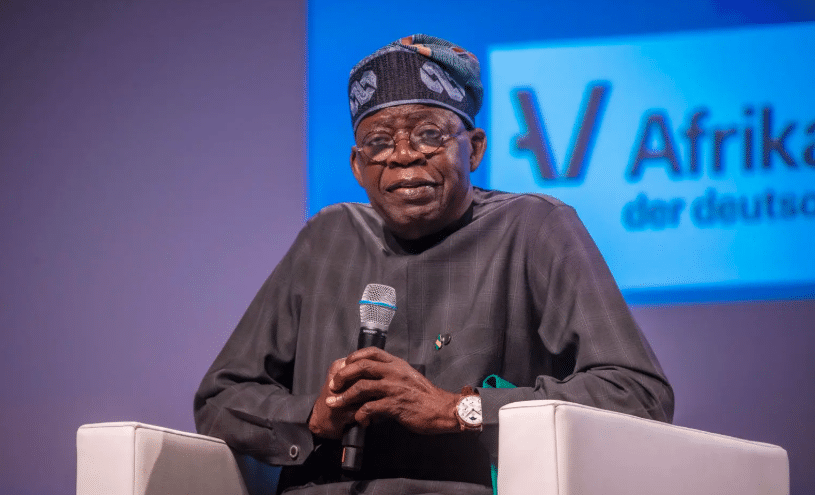The presidency has said the country was losing as much as $7.5 billion annually to fuel subsidy before President Bola Tinubu‘s administration intervened.
Henzodaily reports that the Special Adviser, Media & Public Affairs to the President, Sunday Dare, made this known during an interview with Arise Television on Thursday.
Dare defended Tinubu’s economic policies, maintaining that the ongoing reforms have stopped Nigeria from haemorrhaging due to years of mismanagement by previous administrations.
According to him, ₦760 billion was realised from subsidy removal in 2023, and shared by the 36 states, including the federal government.
Dare also argued that the Dangote, Warri, and Port Harcourt refineries would never have been able to operate without the removal of the fuel subsidy.
He said, “Sometimes, if you refuse to take the stitch you need in time, you have to take so many stitches down the road. This country was haemorrhaging. This country was on a sliding slope. And at that point, we needed to apply certain brakes.
“At the point he (Tinubu) came in, two brakes were necessary. You look at 30 years of this country skirting around subsidy removal. We’re hemorrhaging $7.5 billion every year. We had a period in which 87 Nigerian companies and individuals were declared wanted for corruption, having to do with subsidy scam.
“And then we went back into that same subsidy process. But then we have seen the removal of subsidy. The resources that have been freed up for human capital development, and one part that is really poignant is the fact, in 2023, N760 billion, that was the FAAC that was shared by the 36 states and the federal government.
“As of 2024, that moved up to N3.2 trillion. Now, when it comes to governance, there’s the federal government, there’s the sub-national. Every month, these monies are shared. It has tripled to the state government. So, subsidy has freed up resources. If subsidy was not removed, we would not have it go up to 3.2 trillion.
“As we speak, for over 5.3 million households, over N197 billion has gone out. As we speak, N75,000 will go to about 17 million poor Nigerians. Now, these are what we also see in advanced countries.”
